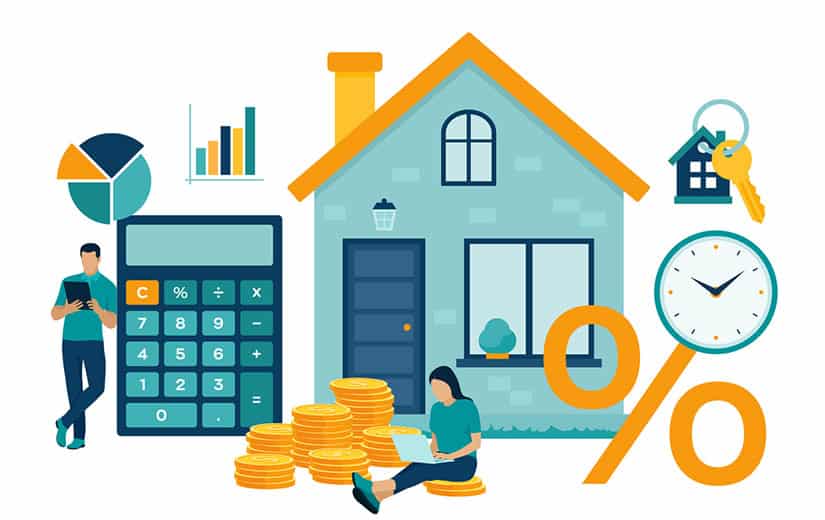You have just learned, to your surprise, that your bank intends to close your account. Systematically, you wonder about the reasons which push her to make this decision. Does your bank have the right to close your account without your consent? Should she justify this decision? What can you do to prevent this account closure? The F3NWS.fr team answers all these questions through this dedicated article which will help you better understand the closing of your bank account.
A legitimate right of your bank
You must first of all know that your bank has the legal right to terminate an account agreement signed with all its customers, in accordance with the law of L 312-1 C Convention des Monnaies et Finances. This decision can be taken unilaterally, without consulting the opinion of the customer concerned. The bank is not obliged to justify its decision to suspend the account. Nevertheless, it is required to inform the customer concerned within a period of one to two months. Information is provided by registered mail. When the decision takes effect, the customer will no longer be able to access his Crédit Mutuel account on the Internet or at an agency. Therefore, if your bank sends you informing you about the closure of your account, the process is perfectly legal.
Why is your account closed by the bank?
Several reasons can explain the closure of your account by your bank. Some of the most common reasons are:
Recurring payment incidents
Payment incidents are one of the most common reasons that push banks to close the account of one of their customers. Among these payment incidents, we can cite:
- Issuing bad checks
- Exceedances of authorized overdraft ceilings
- Rejections of direct debits
Note, however, that these payment incidents must be noted on a recurring basis to lead to an account closure. If you exceed the overdraft limits or if you refuse a direct debit once, you do not risk an account closure. It is also necessary that payment incidents are noted over time and that you have not taken any action despite the numerous requests for regularization from your advisor.
An excessively debit balance
You should know that bank charges gradually increase the balance debit if you do not fund it enough. If an excessive debit balance is found, your bank is entitled to close it unilaterally. Note, however, that before deciding to close the account, your advisor will ask you to regularize your situation. Solutions such as a clearance plan will be offered to you. If, despite everything, you do not manage to restore the credit balance of your account after a deadline established by the bank, the account will be definitively closed. You will then no longer have access to your Crédit Agricole account on the Internet or at an agency. In addition, you will no longer be able to use your VISA Electron or Classic bank card.
Prolonged account inactivity
Your bank may also decide to close your bank account if it remains inactive for several years. Indeed, if no activity is observed for an extended period, the bank will decide to close it. Of course, before closing the account, the bank will return your money to you after you send a Bank Identity Statement.
The death of the bank account holder
On the death of a customer’s holder, the bank blocks the bank account pending settlement of the estate. When all the procedures relating to the inheritance have been completed, the bank proceeds to the final closure of the account.
In the case of joint accounts, the funds that fund the account belong to both partners. Thus, on the death of a partner, the joint account is transformed into a personal account registered in the name of the surviving partner.
Authoritarian closure on unprofitable accounts
Your bank has the right to close your account if it judges that it is not sufficiently profitable. This decision is very often contested by customers and is the source of many disputes. It is therefore rarely put forward to justify the closure of an account.
Suspicions of fraud on the bank account concerned
If your bank suspects organized fraud on your account, it can systematically close it and inform TRAFICFIN. Regular frauds include tax evasion, money laundering and the financing of terrorist organizations.
You may also be interested in our article on closing a remote bank account.






